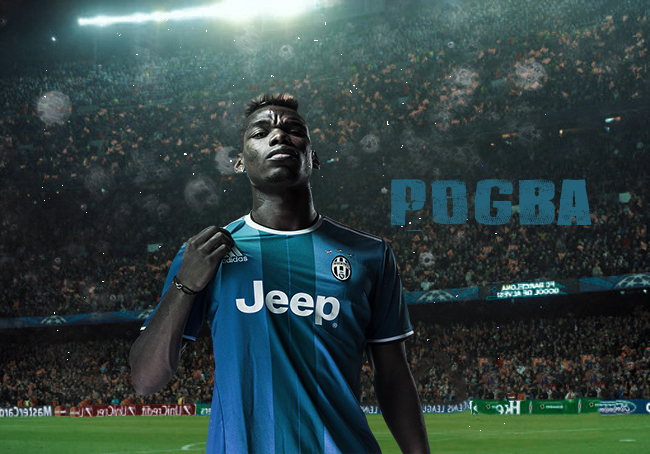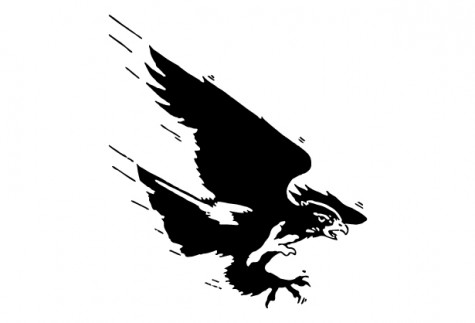Racism in European Soccer
January 7, 2020
In the last few months, European soccer has been polluted with racist incidents. In a mid-November match between Ukranian teams Shakhtar Donetsk and Dynamo Kiev, Kiev supporters racially abused Brazillian midfielder Taison. In response, an anger-filled Taison showed the Kiev supporters his middle finger and punted the ball into the stands. Then, Taison, a 31-year-old grown man, left the field in tears. He was then brought back on to the field, given a red card, and sent off. Now, Americans would scoff at the behavior of the Kiev fans, and probably call for action against them, but the Ukranian Football Association had a different reaction. Instead, they decided to give Taison a one-match ban and also made Dynamo Kiev play a match behind closed doors. It seems obvious that the ban is uncalled for, and that the punishment for Dynamo Kiev is worrisomely small.
Despite this, it is easy for one to think that this only happens in backward Eastern European countries that Americans only recognize as the bad guys from spy movies. However, incidents like this occur often in countries we consider to be more “western” and more similar to the US in culture. In fact, some of the worst incidents have happened in the fine country of Italy. It is no doubt that Italians have a passion for soccer, but recently, that passion has crossed the line from poking fun at the opposition’s players to spreading racial hate. In early November, Verona supporters directed monkey chants at Brescia forward Mario Balotelli, an Italian born to Ghanian immigrants. Similar to Taison, punted the ball into the stands and threatened to leave the match. However, his teammates convinced him to play on, and in perfect poetic justice, he scored in the 85th minute. What makes this situation sadder is the response from the Verona executives. Instead of condemning the actions of their own fans, they refused to admit that it happened, despite claims from a monitor sent by the Italian Football Federation stating that he heard racial abuse from around 15 fans.
Unfortunately, incidents in Italy do not stop there. The day before the Balotelli incident, during a match between Roma and Napoli, Senegalese defender Kalidou Koulibaly received racial abuse from Roma supporters. In September, Inter Milan striker Romelu Lukaku endured monkey chants while taking a penalty against Cagliari. However, racism in Italy might extend further than just a small percentage of soccer hooligans. Italian sports tabloid Corriere dello Sport released an edition around Black Friday. Rightly so, the biggest letters on the page read “Black Friday.” Of course, the designer of the front page decided to include a picture of two well-known soccer players in Italy. However, he decided to put Roma defender Chris Smalling and Inter striker Romelu Lukaku on the cover. Both of these players are clearly of African descent. While maybe it was not intentional, the front page of this newspaper was racist. The fact that many people from Corielle dello Sport saw the page, looked it over, and didn’t say anything about how it could clearly be conceived to be racist, is astounding. While it is one example, it is evident that Italy could have a racism problem in general, not just in soccer.
So, how do these incidents continue to occur? Well, first off, it is not easy to find people to blame when they can easily hide in a crowd of anywhere from 20,000 to 70,000 people. Second, action against clubs and their fans is only allowed from the federation that runs the competition. For example, UEFA, the governing body for all of European soccer, can only punish clubs or countries that play in their competitions, like the Champions League or Nations League. However, it seems that a lot of these incidents do not occur in continent-wide competitions, rather in league matches. Therefore, it is up to each country’s individual federation to decide on punishment, and many of these federations (specifically the Italian FA) seem very complacent and prone to inaction towards these incidents, whereas UEFA is very aggressive and often calls for action on behalf of the federations.

